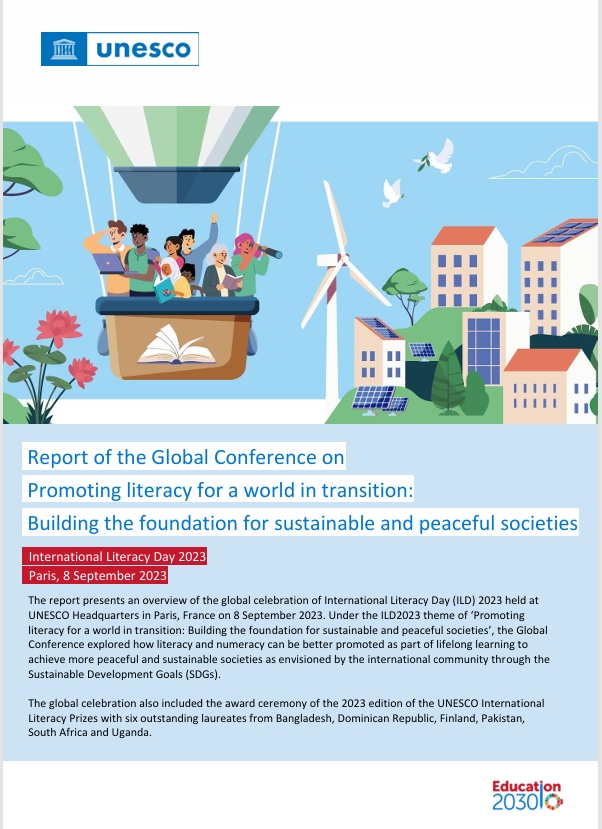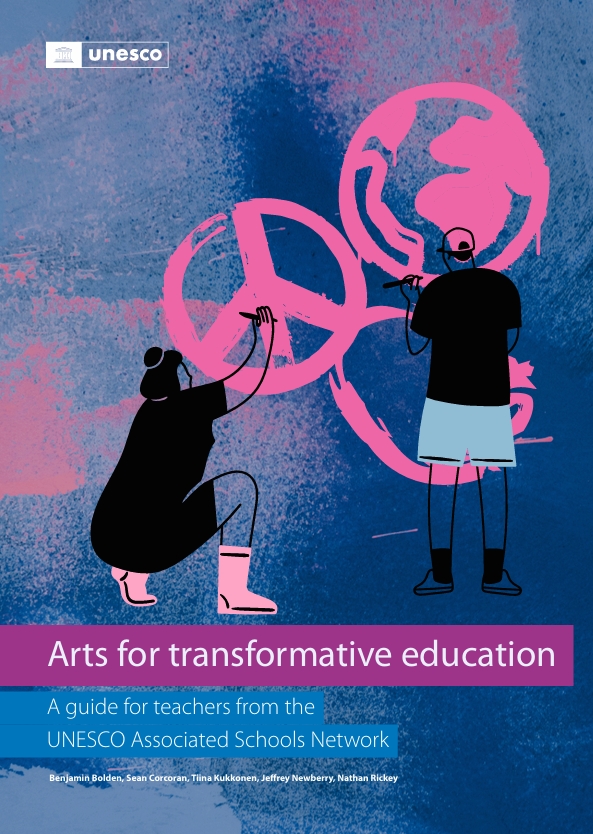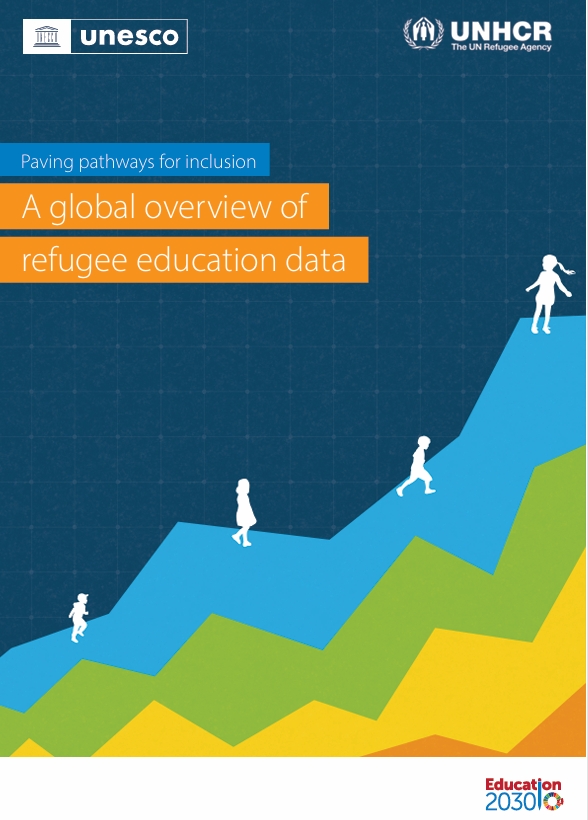Story Source: Youth Today ~ Go to Original Article
“Although more children than ever before are enrolled in school, for too many, schooling does not equal learning. In 2016, over 600 million children and adolescents were estimated to be not reaching minimum proficiency levels in reading and mathematics. To highlight the global learning crisis, the World Bank has introduced the concept of ‘Learning Poverty’ – the inability to read and understand a simple text by age 10. The concept draws on new data developed in coordination with the UNESCO Institute for Statistics (UIS). An estimated 53 per cent of children in low- and middle-income countries cannot read proficiently by age 10.
Even so, solid progress on getting children into school has been made. The near universalization of primary schooling is one of the great global achievements of the past 50 years. In the early 1950s, some 50 per cent of primary school-aged children were out of school……………………….






